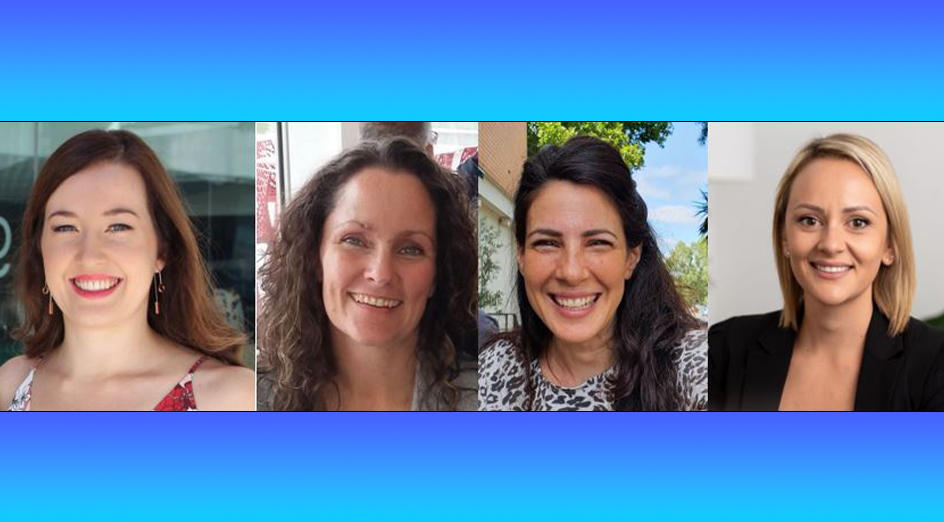New evidence suggests that sleep difficulties, long thought to be a symptom of adolescent depression, might actually come first.
A new paper, published in Nature Reviews Psychology and led by Flinders University in Adelaide, argues that a combination of adolescent sleep biology and psychology uniquely predispose young people to developing depression.
Dr Cele Richardson, a lecturer in the School of Psychological Sciences at The University of Western Australia and an author of the paper, said a delayed circadian rhythm, restricted sleep duration and greater opportunity for negative thinking while trying to fall asleep were all contributing factors.
“Adolescents are the most chronically sleep-restricted subpopulation across human development, in both western and eastern societies, with data from across the world suggesting they sleep too late and too little,” Dr Richardson said.
The researchers found that a combination of developmental changes to the biological systems that control sleeping and waking during this time in people’s lives, rather than factors such as the use of technology in the evening, provided unique pathways to depression.
“The first factor is a slower build-up of sleepiness across the day, which delays the onset of sleep in older adolescents,” Dr Richardson said. “Although teens fall asleep later, school start times remain early, which means it is hard for young people to achieve an optimal 9.3 hours of sleep. And this sleep restriction in turn increases depression symptoms.
“Secondly, difficulty falling asleep is further worsened by a delay in circadian rhythm timing which occurs across adolescent development and having a late timed body clock is consistently associated with increased risk for depression.
“These physiologically driven changes in sleep provide the opportunity for a third pathway to depression that is more psychological – the opportunity for repeated negative thinking (worry and rumination), which again is linked to higher levels of depression in adolescents.”

Image: Sleep researchers (left to right) Dr Cele Richardson, Dr Michelle Short, PhD Michal Kahn and Dr Gorica Micic.
Dr Richardson said evidence-based sleep interventions – including bright light therapy, the use of melatonin and cognitive-behaviour therapy techniques – could be a novel pathway to alleviating depressive symptoms in young people.
“Further research into the role of sleep in depression may also help us to develop more effective prevention approaches, so that we can stop the onset of depression, at least for some young people,” she said.
Flinders Institute for Sleep Health researcher Dr Gorica Micic suggested schools and communities could incorporate sleep education in curriculums to support the wellbeing of young people at this 'vulnerable' age.
"Given that underlying biological and physiological factors significantly contribute to this manifestation, basic sleep knowledge and what happens during sleep in adolescence can help young people better understand and manage their sleep,” Dr Micic said.
Flinders University researcher Dr Michelle Short said that the onus was also on parents.
“Families could support teen sleep and mental health by setting limits around bedtimes on school nights, while schools could allow students start classes at 8.30am or later and abstain from scheduling extra-curricular activities before school,” Dr Short said.
Dr Richardson is currently recruiting for a clinical trial at UWA, where bright light therapy will be added to a common treatment for depression to see whether this improves outcomes for adolescents.
Young people with depression, aged between 13 and 18 years, can find more information about the trial and register their interest by visiting tinyurl.com/TeenMoodScreening or by emailing [email protected].
